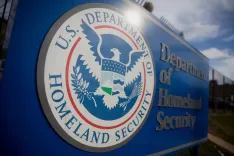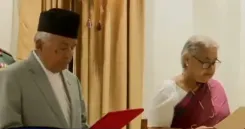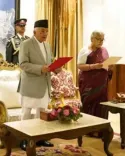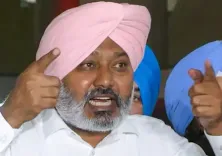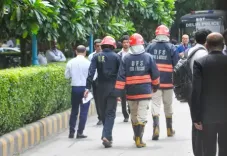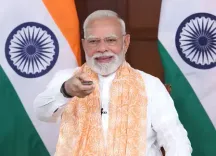How is South Korea's Chief Justice Seeking Judicial Reform?
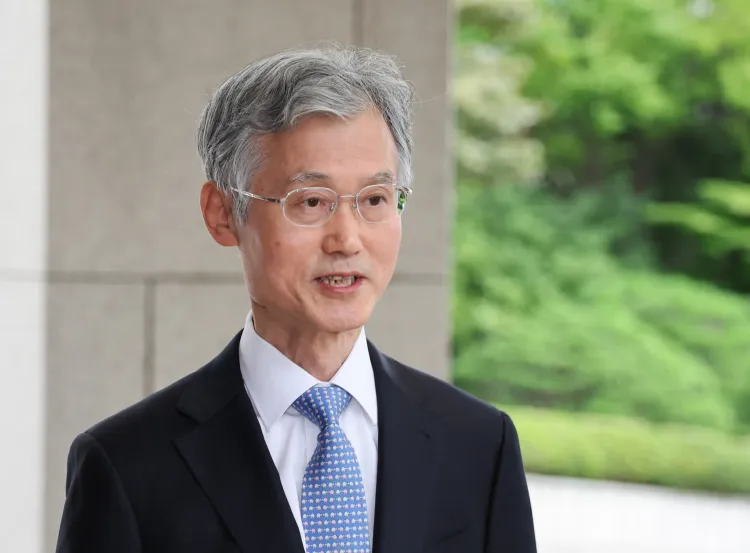
Synopsis
Key Takeaways
- Judicial reform is a priority for South Korea's Chief Justice.
- Proposed reforms include increasing Supreme Court justices.
- Emphasis on the independence of the judiciary.
- Ongoing discussions with the National Assembly are crucial.
- Public debate is necessary for effective reform.
Seoul, Sep 12 (NationPress) Chief Justice of South Korea's Supreme Court Cho Hee-dae declared on Friday his commitment to pursue the "right path" for judicial reform through extensive dialogue with the National Assembly, as the ruling Democratic Party (DP) plans to implement a series of reform bills.
During a ceremony commemorating Korean Court's Day, Cho addressed the DP's initiative to reform the judiciary, which includes a proposal to increase the number of Supreme Court justices from 14 to 30, among other significant changes.
"I will thoroughly convey the judiciary's perspectives to the National Assembly, and through effective communication and persuasion, strive for the right path for the people," he stated. He noted that the judiciary has been engaging with members of the legislature, government, academia, and media to identify the most effective means to achieve judicial justice.
Cho emphasized the judiciary's historical involvement in improving essential judicial systems, highlighting the importance of constitutional values such as the separation of powers and judicial independence. Yonhap News Agency reported his statements.
The reform bills proposed by the DP include plans to modify the selection process for Supreme Court justices and evaluation methods for judges, enhance public access to lower-court rulings, and establish a pre-examination system for search and seizure warrants.
The DP aims to enact these bills ahead of the extended Chuseok holiday, which commences on October 3.
Cho underscored the critical role of maintaining judicial independence. "For the judiciary to effectively fulfill its essential responsibilities, the independence of trials must be unequivocally protected," he asserted.
His comments came just prior to an extraordinary meeting of court leaders nationwide to deliberate on the ruling party's proposed reforms.
As he headed to work, Cho informed reporters of his intention to gather judges' opinions during the meeting. "My hope is for thorough discussions through public debate regarding the judiciary's inherent functions, current manpower realities, and what is most advantageous for the public," he remarked.
During the meeting, court leaders emphasized the necessity of judicial participation in ongoing parliamentary discussions on reform. "Judicial reform is a vital duty of the judiciary for the public and a contemporary obligation that must consider its implications on society at large," they stated in a press release.
They also highlighted the necessity of safeguarding judicial independence to protect fundamental rights and uphold the rule of law.
In addition, the DP has proposed establishing a special court to adjudicate cases stemming from former President Yoon Suk Yeol's martial law declaration in December.
During a press conference on Thursday, President Lee Jae Myung expressed reservations about the Supreme Court's prior assertion that such a court might be unconstitutional.
"The Supreme Court is conducting a comprehensive review of this issue," Cho noted.

